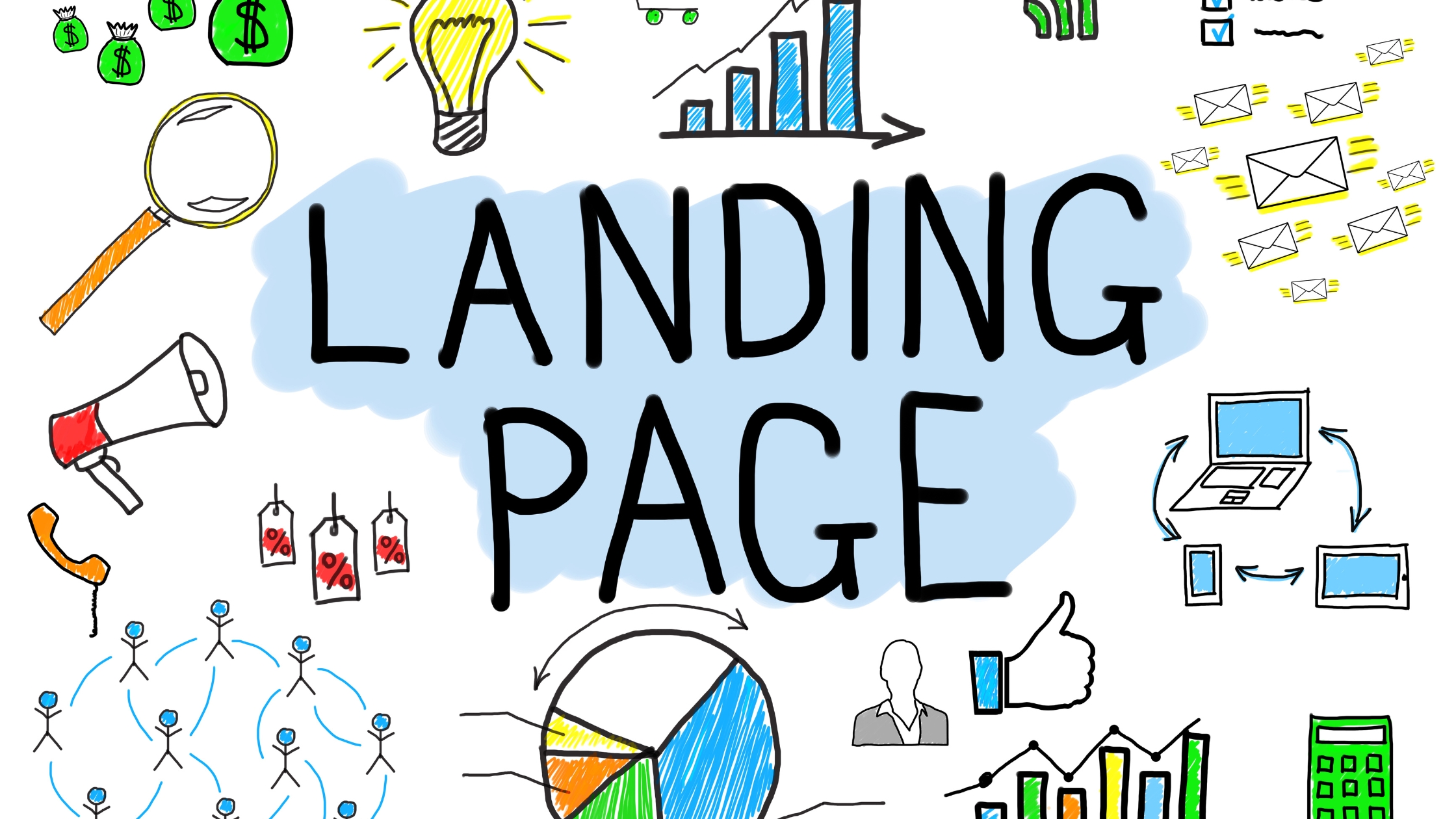In the dynamic landscape of business-to-business (B2B) marketing, small businesses and startups face unique challenges. Crafting effective strategies tailored to the specific needs of these enterprises is crucial for success.
This article explores innovative B2B marketing ideas and strategies designed to propel small businesses and startups to new heights.
Table of Contents
What is B2B?
Before delving into strategies, it’s essential to understand the fundamentals of B2B marketing. Business-to-business refers to transactions between companies, where products or services are sold from one business to another. Unlike business-to-consumer (B2C) transactions, B2B interactions often involve complex decision-making processes and longer sales cycles.
11 B2B Marketing Ideas & Strategies for Small Businesses and Startups
B2B (business-to-business) marketing requires a strategic approach to reach and engage other businesses effectively. Here are 11 B2B marketing ideas & strategies to consider:
1. Optimize SEO Content for Your Ideal Customer

Enhance your online visibility by optimizing your website content for search engines. Conduct thorough keyword research to identify terms relevant to your B2B audience. Create informative and engaging content that aligns with your ideal customer’s needs.
Regularly update your website with fresh, valuable content to improve search rankings. Utilize meta tags, alt attributes, and other SEO best practices to ensure your content is easily discoverable by your target audience.
2. Deploy Drip Email Marketing Campaigns

Implement targeted drip email campaigns to nurture leads and guide them through the sales funnel. Develop a series of automated emails that provide valuable information, address pain points, and showcase your products or services.
Segment your email list based on customer behavior and preferences to deliver personalized content. Measure and analyze campaign performance regularly, adjusting content and timing as needed to optimize engagement and conversion rates.
3. Create High-Quality Product Landing Pages

Craft compelling and focused landing pages that showcase your products or services. Clearly communicate key benefits, features, and unique selling points. Use high-quality visuals, persuasive copy, and a strong call-to-action to encourage conversions.
Optimize landing pages for mobile devices and ensure a seamless user experience. Regularly A/B test different elements to refine your approach and improve conversion rates.
4. Implement Live Chat for Website Engagement

Enhance customer interaction and support by integrating live chat on your website. Provide real-time assistance, answer queries, and guide visitors through your offerings. Personalize the chat experience based on user behavior and preferences.
Capture leads through proactive engagement and utilize chat transcripts for valuable insights into customer needs and pain points.
5. Targeted Ad Buys on Social Media

Utilize social media advertising to target specific B2B audiences. Identify platforms where your target customers are most active and create tailored ad campaigns. Use demographic and interest-based targeting to reach decision-makers and influencers.
Craft compelling ad copy and visuals that highlight the value of your products or services for businesses. Regularly analyze campaign metrics to refine your strategy and improve ROI. Platforms like LinkedIn and Twitter offer powerful tools for precise audience targeting.
6. Host Informative Webinars for Your Audience

Establish thought leadership and engage your B2B audience by hosting informative webinars. Choose relevant topics that address industry challenges and provide actionable insights.
Promote webinars through various channels and encourage participation with interactive elements such as Q&A sessions. Record and repurpose webinars as valuable content for your website and future marketing efforts.
7. Organize or Sponsor Live Events

Increase brand visibility and foster networking opportunities by organizing or sponsoring live events. Participate in industry conferences, trade shows, or host your own events to connect with potential customers and partners.
Leverage these opportunities for product demonstrations, networking, and gathering leads. Maximize exposure by promoting your involvement through various channels, including social media and email marketing.
8. Partner with Niche Influencers

Collaborate with influencers who have a strong presence in your niche. Identify individuals or organizations that resonate with your target audience and can authentically promote your products or services.
Leverage influencers for content creation, reviews, and endorsements. Ensure that partnerships align with your brand values and contribute to building credibility within your industry.
9. Start a Trendy Industry Podcast
Establish thought leadership and build a loyal audience by starting a podcast focused on industry trends and insights. Feature expert guests, discuss relevant topics, and provide valuable content to your B2B audience.
Promote the podcast through various channels, including social media and email newsletters, to expand your reach and attract a dedicated listener base.
10. Leverage LinkedIn for B2B Outreach
Harness the power of LinkedIn for targeted B2B outreach. Optimize your company profile with relevant keywords and compelling visuals. Engage with your network through regular updates, thought leadership content, and participation in industry groups.
Utilize LinkedIn Ads for precise targeting of decision-makers and stakeholders. Leverage sponsored content and InMail campaigns to generate leads and build meaningful connections.
11. Implement Precision Targeting with Account-Based Marketing (ABM)
Refine your B2B marketing strategy by implementing Account-Based Marketing (ABM). Identify high-value target accounts and personalize marketing efforts to address their specific needs. Create tailored content and campaigns for key decision-makers within these accounts.
Use a combination of online and offline channels to reach and engage your target accounts. Regularly assess and adjust your ABM strategy based on performance metrics and feedback from targeted accounts.
B2B Marketing Advantages and Disadvantages
B2B (business-to-business) marketing refers to the strategies and tactics used by companies to sell their products or services to other businesses rather than individual consumers. Like any marketing approach, B2B marketing has its advantages and disadvantages.
Advantages of B2B Marketing
- Higher Average Transaction Value: B2B transactions often involve larger quantities and higher values compared to B2C (business-to-consumer) transactions, leading to potentially higher revenues per sale.
- Longer Customer Lifecycles: B2B relationships typically last longer than B2C relationships, resulting in sustained revenue streams and opportunities for repeat business.
- Relationship Building: B2B marketing emphasizes building strong relationships with clients and partners. Trust and reliability are crucial, leading to potentially long-term partnerships.
- Specialized Audience: B2B marketers can tailor their messaging and solutions to meet the specific needs, challenges, and pain points of businesses in particular industries or sectors.
- Rational Decision Making: B2B purchases often involve multiple decision-makers, but they are generally driven by logic, data, and ROI considerations rather than emotion, making the sales process more predictable in some cases.
- Opportunity for Customization: B2B marketers can often offer customized solutions, services, or products tailored to the unique requirements of each business client.
Disadvantages of B2B Marketing
- Complex Sales Process: B2B transactions typically involve a more complex sales process, requiring multiple touchpoints, negotiations, and approvals, which can prolong the sales cycle.
- Longer Sales Cycles: Due to the complexity and higher stakes involved, B2B sales cycles can be significantly longer than B2C sales cycles, requiring more resources and patience.
- Higher Acquisition Costs: Acquiring B2B customers often requires significant investment in sales and marketing efforts, including lead generation, nurturing, and relationship management.
- Dependency on Fewer Clients: B2B companies may have fewer clients compared to B2C companies, making them more vulnerable to the loss of a major client or market downturns.
- Regulatory and Compliance Issues: B2B transactions may involve navigating complex regulatory environments, compliance requirements, and contractual obligations, adding layers of complexity to the sales and marketing process.
- Limited Marketing Channels: B2B marketers may have fewer marketing channels available compared to B2C marketers, as they often target specific industries, decision-makers, or niche markets with specialized needs.
B2B vs B2C Marketing

Highlighting the distinctions between B2B and B2C marketing is crucial for tailoring strategies effectively. While B2C focuses on reaching individual consumers, B2B involves navigating complex organizational structures and building relationships with decision-makers.
In the ever-evolving landscape of B2B marketing ideas, a dynamic and multi-faceted approach is essential. By embracing innovative strategies and staying attuned to industry trends, these enterprises can carve a niche for themselves in their respective markets.
Remember, successful B2B marketing is a journey, not a destination, and adapting to change is the key to long-term success.
Key Takeaways
Prioritize SEO content tailored to your ideal B2B customer. Leverage keyword optimization and valuable blog posts to enhance online visibility.
Deploy targeted drip email campaigns to nurture leads over time. Personalize content to keep your audience engaged and informed about your products or services.
Create high-quality, visually appealing product landing pages. Highlight unique value propositions to make it easy for potential clients to understand the benefits of your offerings.
Embrace a multichannel approach, including live chat for website engagement, targeted social media ad buys, and hosting webinars. This ensures diverse avenues for reaching and engaging your B2B audience.
Implement Account-Based Marketing (ABM) for precision targeting of high-value accounts. This personalized approach increases the likelihood of capturing the attention of key decision-makers in your target market.
B2B Marketing Ideas FAQs
What is the primary difference between B2B and B2C marketing?
B2B marketing involves transactions between businesses, focusing on complex decision-making processes, while B2C marketing targets individual consumers with shorter sales cycles.
How can small businesses optimize SEO content for B2B marketing?
Small businesses can optimize SEO content by conducting keyword research, creating valuable blog posts, and developing informative landing pages tailored to the needs of their ideal B2B customer.
Why are live events and webinars beneficial for B2B marketing?
Live events and webinars provide opportunities for networking, showcasing products, and establishing industry authority. They offer a platform to engage with the target audience and position the brand as a thought leader.
What is the significance of precision targeting in Account-Based Marketing (ABM)?
Precision targeting in ABM allows businesses to customize marketing efforts for specific high-value accounts. This personalized approach increases the chances of attracting the attention of key decision-makers within the target market.
How can small businesses leverage LinkedIn for B2B outreach?
Small businesses can maximize LinkedIn for B2B outreach by creating a compelling company profile, sharing insightful content, and actively engaging with their target audience. LinkedIn’s professional network provides a platform for building valuable connections within the industry.

